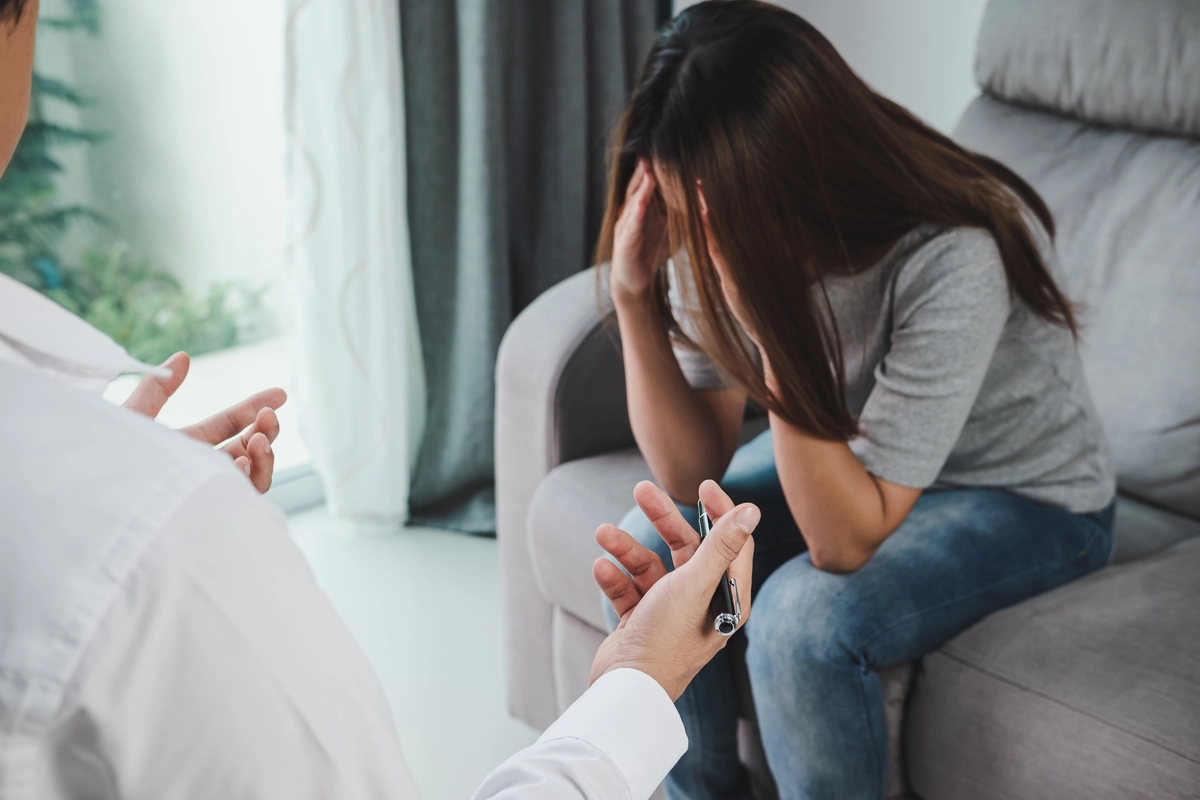24/7 Helpline:
(866) 899-111424/7 Helpline:
(866) 899-1114
Learn more about Inpatient Rehab centers in Harrison County

















Other Insurance Options

Highmark

Covered California

Sutter

Sliding scale payment assistance

Ceridian

Providence

ComPsych

CareFirst

Horizon Healthcare Service

Absolute Total Care

Carleon

Private insurance

Evernorth

Coventry Health Care

Optima

WellPoint

State Farm

Multiplan

Health Net

MVP Healthcare